
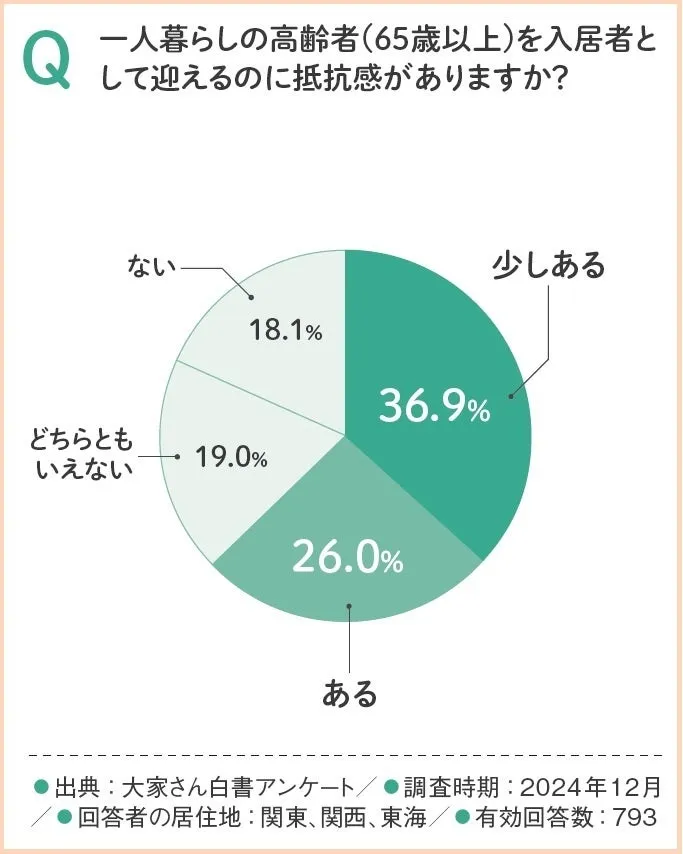
The Challenges and Opportunities for Landlords in Aging Society: Insights from the 2025 Landlord White Paper
In a society that is increasingly aware of the aging population, landlords in Japan face unique challenges and opportunities when it comes to renting properties to older tenants. The insights uncovered by the 'Landlord White Paper 2025', published by Owners Style Co., highlight significant trends in attitudes towards elderly renters. According to this publication, which marks the 20th anniversary of Owners Style, nearly 63% of landlords express some level of resistance to the idea of renting to elderly individuals (ages 65 and above).
This study reveals a disconcerting reality: while there is a high level of concern over elderly tenants, particularly fear of 'lonely deaths'—a worry cited by 71.6% of landlords—experience shows that actual issues occur due to health problems like sickness or injury, which only 14.7% of landlords reported encountering in their rental experiences with the elderly. Hence, while fear may dominate the conversation, statistical realities present a much different picture. This discrepancy suggests that the real challenge landlords confront lies not in the risks they perceive, but in the practicalities of managing health-related issues that affect their tenants.
Furthermore, the survey explored the potential impact of support services on landlords' willingness to accept elderly tenants. Notably, around 31.6% of landlords indicated they would consider accepting elderly renters if a 'lonely death insurance' was in place, while 30.9% would be open to it if a monitoring service was implemented. These findings suggest that by implementing specific support frameworks, up to a third of landlords may be willing to reconsider their stance toward elderly tenants.
As pointed out in comments by Hidetaka Ueda, Chief Editor of Owners Style, the role of rental housing in accommodating the elderly will only grow in importance within Japan's aging society. It is essential to address these landlords' fears through effective support systems such as lonely death insurance and monitoring services. Legal changes, like the amended housing safety net law slated for implementation in October 2025, which will support the establishment of 'housing support housing', inspire optimism for elderly housing stability.
The Landlord White Paper 2025, released for a limited time, comprises comprehensive survey data with responses from over 2,000 landlords and captures concerns and observations significantly relevant to property management. The document details key areas including the profile of landlords, building intentions, purchase and sale trends, maintenance issues, and strategies for managing tenant-related challenges.
Landlords in regions such as Kanto, Kansai, and Tokai are invited to explore this data-driven insight to better understand the evolving demands of rental housing amidst demographic changes. The implications of this extensive survey go beyond mere statistics; they form an essential basis for industry practices and policy advocacy.
The current environment necessitates an adaptive response from landlords, ensuring they are ready to meet not only the needs of elderly renters but also secure the viability of their properties in a changing demographic landscape. Collaboration among landlords, industry sectors, and government entities remains integral to fostering a secure living environment for all members of society.
In addition to the rich data presented, the Landlord White Paper 2025 also allows for a deeper comprehension of specific concerns, including handling vacancies, renovations, property management, and interactions with diverse tenants such as foreigners and the LGBTQ+ community, ensuring well-rounded guidance for landlords today.
Thus, as the rental landscape continues to evolve, it holds the promise of positive change—where support systems empower landlords, ensuring that they can confidently welcome elderly tenants into the properties that serve as their homes.
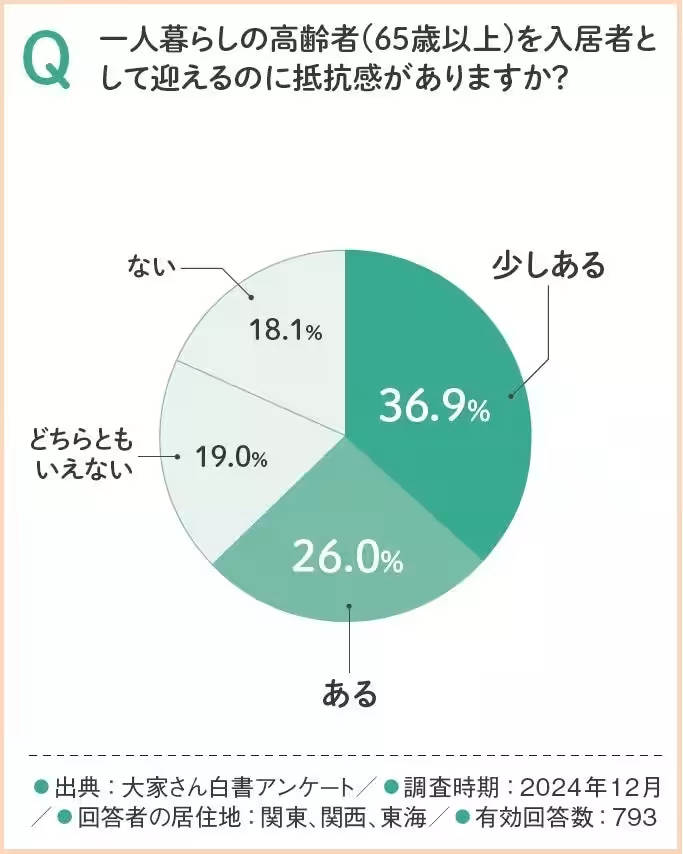
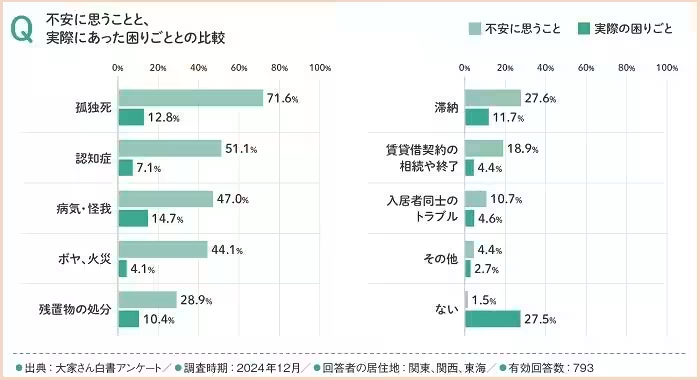
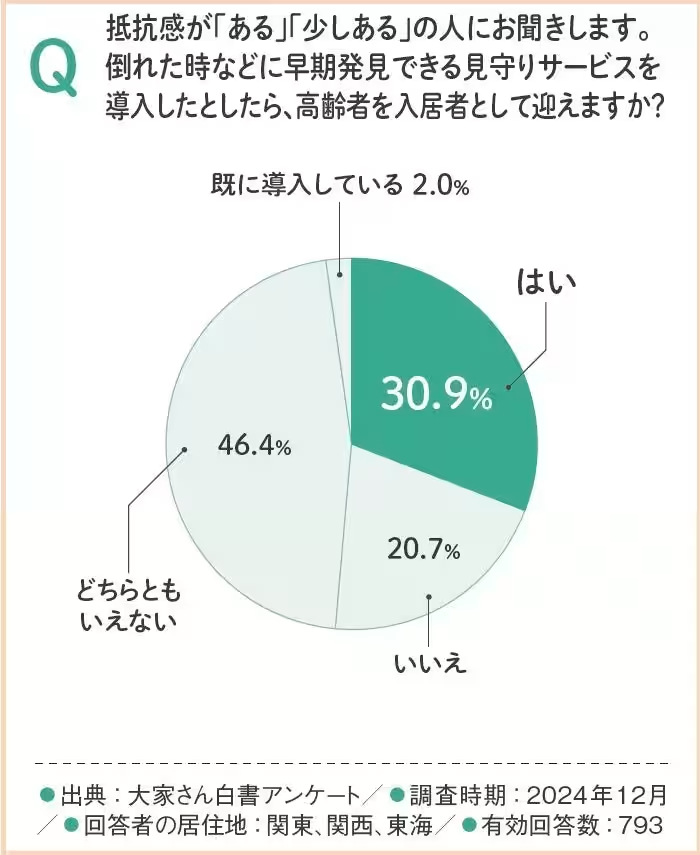
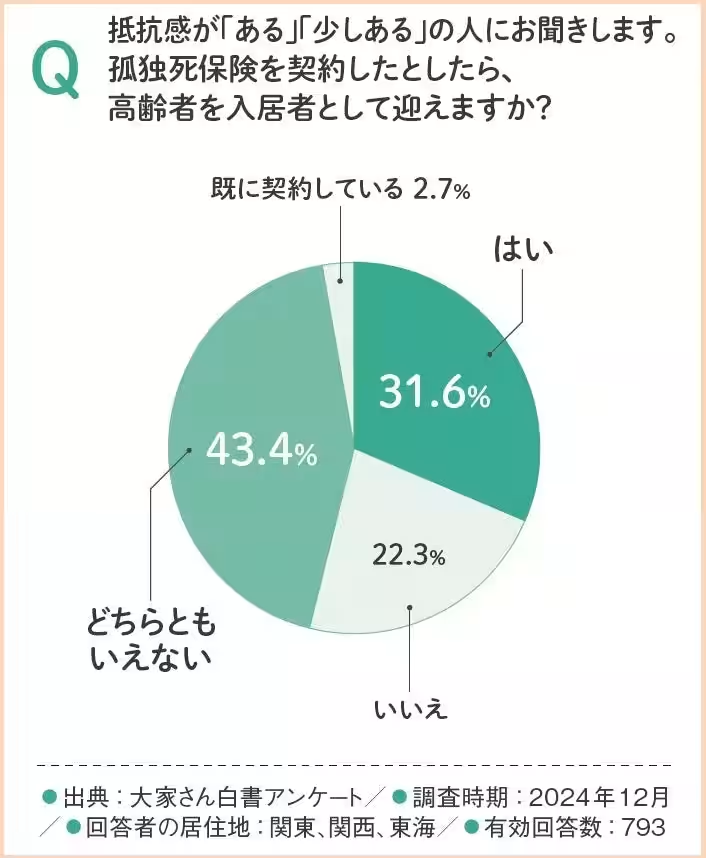
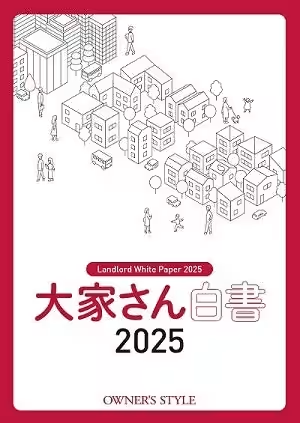
This study reveals a disconcerting reality: while there is a high level of concern over elderly tenants, particularly fear of 'lonely deaths'—a worry cited by 71.6% of landlords—experience shows that actual issues occur due to health problems like sickness or injury, which only 14.7% of landlords reported encountering in their rental experiences with the elderly. Hence, while fear may dominate the conversation, statistical realities present a much different picture. This discrepancy suggests that the real challenge landlords confront lies not in the risks they perceive, but in the practicalities of managing health-related issues that affect their tenants.
Furthermore, the survey explored the potential impact of support services on landlords' willingness to accept elderly tenants. Notably, around 31.6% of landlords indicated they would consider accepting elderly renters if a 'lonely death insurance' was in place, while 30.9% would be open to it if a monitoring service was implemented. These findings suggest that by implementing specific support frameworks, up to a third of landlords may be willing to reconsider their stance toward elderly tenants.
As pointed out in comments by Hidetaka Ueda, Chief Editor of Owners Style, the role of rental housing in accommodating the elderly will only grow in importance within Japan's aging society. It is essential to address these landlords' fears through effective support systems such as lonely death insurance and monitoring services. Legal changes, like the amended housing safety net law slated for implementation in October 2025, which will support the establishment of 'housing support housing', inspire optimism for elderly housing stability.
The Landlord White Paper 2025, released for a limited time, comprises comprehensive survey data with responses from over 2,000 landlords and captures concerns and observations significantly relevant to property management. The document details key areas including the profile of landlords, building intentions, purchase and sale trends, maintenance issues, and strategies for managing tenant-related challenges.
Landlords in regions such as Kanto, Kansai, and Tokai are invited to explore this data-driven insight to better understand the evolving demands of rental housing amidst demographic changes. The implications of this extensive survey go beyond mere statistics; they form an essential basis for industry practices and policy advocacy.
The current environment necessitates an adaptive response from landlords, ensuring they are ready to meet not only the needs of elderly renters but also secure the viability of their properties in a changing demographic landscape. Collaboration among landlords, industry sectors, and government entities remains integral to fostering a secure living environment for all members of society.
In addition to the rich data presented, the Landlord White Paper 2025 also allows for a deeper comprehension of specific concerns, including handling vacancies, renovations, property management, and interactions with diverse tenants such as foreigners and the LGBTQ+ community, ensuring well-rounded guidance for landlords today.
Thus, as the rental landscape continues to evolve, it holds the promise of positive change—where support systems empower landlords, ensuring that they can confidently welcome elderly tenants into the properties that serve as their homes.





Topics Consumer Products & Retail)










【About Using Articles】
You can freely use the title and article content by linking to the page where the article is posted.
※ Images cannot be used.
【About Links】
Links are free to use.